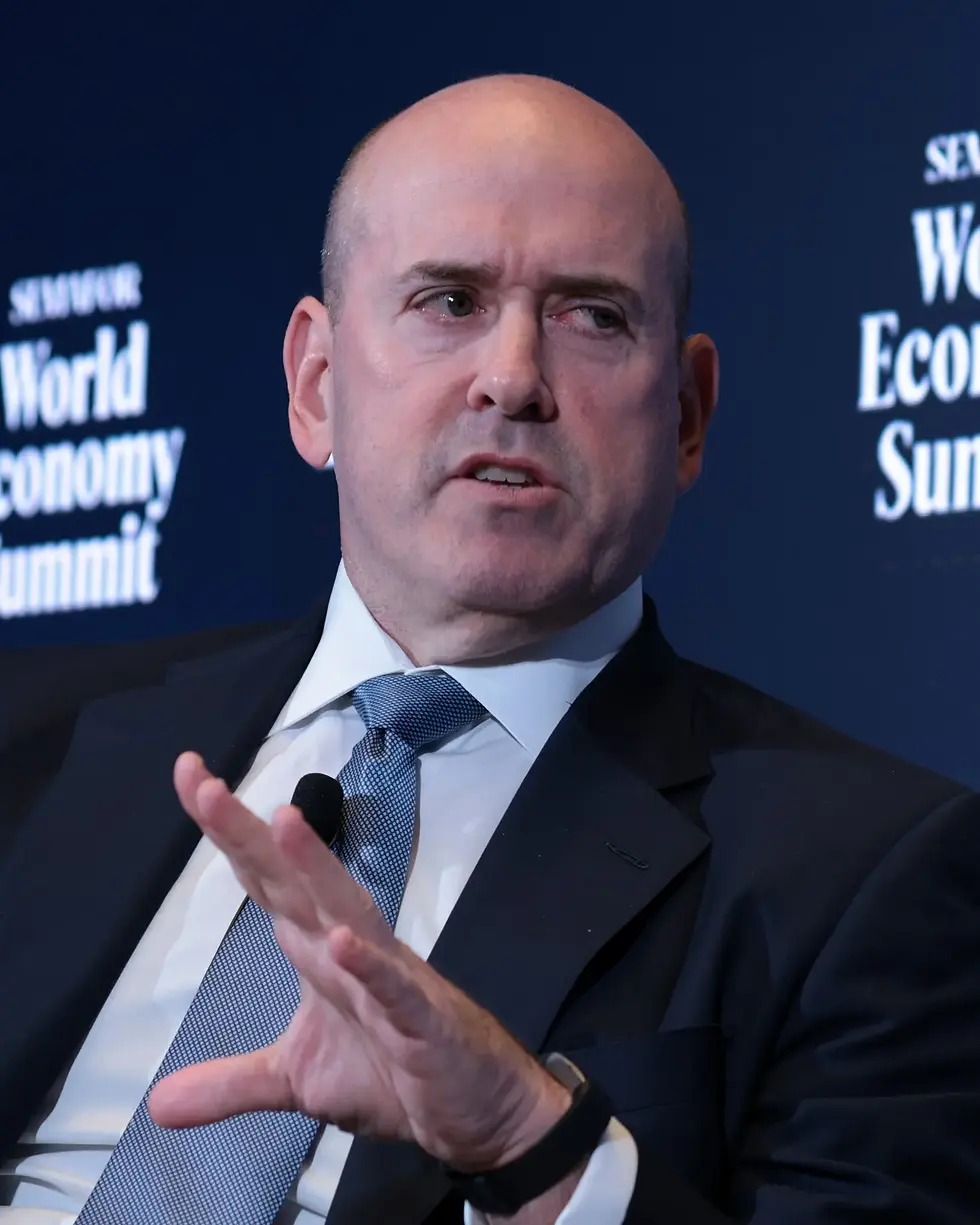PepsiCo and Cargill Commit $100M to North American Farmers in Regenerative Ag Push
- Serena Valentino
- Jul 24, 2025
- 4 min read
By Gerelyn Terzo, Global AgInvesting Media
Two of the world’s largest food and agri-business players are partnering to accelerate regenerative agriculture adoption in their respective supply chains. PepsiCo and Cargill have launched a new initiative aimed at helping North American growers adopt climate-smart farming practices while keeping production resilient and economically viable. Over the next five years, the companies aim to advance regenerative practices across 240,000 acres in Iowa, which has also earned the nickname as The Corn State for its agricultural prowess.
Farmers joining the program won’t be going it alone; they’ll get hands-on agronomic advice, financial incentives to ease the risks of experimenting with sustainable methods and sophisticated technical tools to smooth their shift into regenerative farming. This means they can confidently grow their sustainable operations, backed by pros from trusted groups who know the ins and outs of Midwest agriculture.
At the helm of it all is non-profit organization Practical Farmers of Iowa (PFI), teaming up directly with growers to handle sign-ups and keep tabs on progress through rigorous measurement, reporting and verification. It’s all about delivering real, evidence-backed results that stand up to scrutiny. These changes are expected to deliver benefits including supercharging soil health, building tougher defenses against wild weather swings, and boosting farm output for the long haul, all while linking producers to buyers who prioritize responsibly sourced ingredients.
The initiative will begin in Iowa, a shared link in the companies’ supply chains where Cargill sources locally grown corn to produce ingredients used in many of PepsiCo’s most recognizable products, such as snacks and beverages. This region serves as a strategic launchpad for regenerative transformation, given Iowa’s dominance in U.S. corn production, accounting for over 15 percent of the nation’s supply in 2024, and its vulnerability to climate challenges like extreme weather and soil degradation. The collaboration is intended to build supply chain resilience and support farming communities through practical, field-level changes.
PFI will manage the collaboration locally, providing technical guidance, managing enrollment, and overseeing measurement, reporting, and verification to ensure credible, science-based outcomes. PFI’s deep roots in the Midwest are expected to help drive adoption and build farmer trust by offering customized advice based on regional conditions and crop systems.

“By working with farmers to understand what’s best for their farms and partnering across the supply chain, we can accelerate the adoption of regenerative agriculture practices that can result in healthier soil, reduced emissions, and improved crop yields and livelihoods for farmers,” said PepsiCo Chief Sustainability Officer Jim Andrew, “This collaboration among PepsiCo, Cargill and Practical Farmers of Iowa creates shared value and long-term sustainability that we believe will strengthen our business today and in the future.”
Cargill Chief Sustainability Officer Pilar Cruz commented, “This partnership is about delivering practical, measurable results – starting on the farm, where the food system begins. By coming together across the value chain, we can help create the conditions for regenerative agriculture to take root and grow. The collaboration offers a model for how we can drive meaningful impact at scale.”
Typical regenerative ag programs target cover cropping, no-till planting, precision fertilizer application, and habitat restoration, techniques designed to improve soil structure, boost water retention and enhance carbon sequestration. Farmers in this program will receive incentive payments to help offset the risks of adopting new practices, with progress tracked through measurement and verification to ensure credible outcomes, such as better water management or lower greenhouse gas emissions.
This effort aligns with broader corporate goals. For example, PepsiCo is targeting the spreading of regenerative practices across 10 million acres globally by 2030 as part of its pep+ sustainability strategy, while Cargill has set its sights on 10 million acres in North America over a similar time frame.
The companies have created a model for embedding regenerative agriculture into mainstream sourcing. If successful, the partnership could signal a broader shift in how major agri-food companies support sustainability, moving beyond corporate responsibility to structurally embed regenerative outcomes into procurement and finance. By demonstrating that soil health can improve return on investment, PepsiCo and Cargill are piloting a model that others may follow.
Regenerative agriculture delivers results over time, not overnight. PepsiCo and Cargill now face the challenge of aligning incentives with that timeline—bridging the near-term economics of farm management with longer-term environmental and business gains. If they succeed, this effort could serve as a blueprint for scaling regenerative systems throughout North America and beyond, contributing to global food security and climate resilience. (Original post here)
The content put forth by Global AgInvesting News and its parent company HighQuest Partners is intended to be used and must be used for informational purposes only. All information or other material herein is not to be construed as legal, tax, investment, financial, or other advice. Global AgInvesting and HighQuest Partners are not a fiduciary in any manner, and the reader assumes the sole responsibility of evaluating the merits and risks associated with the use of any information or other content on this site.




Comments